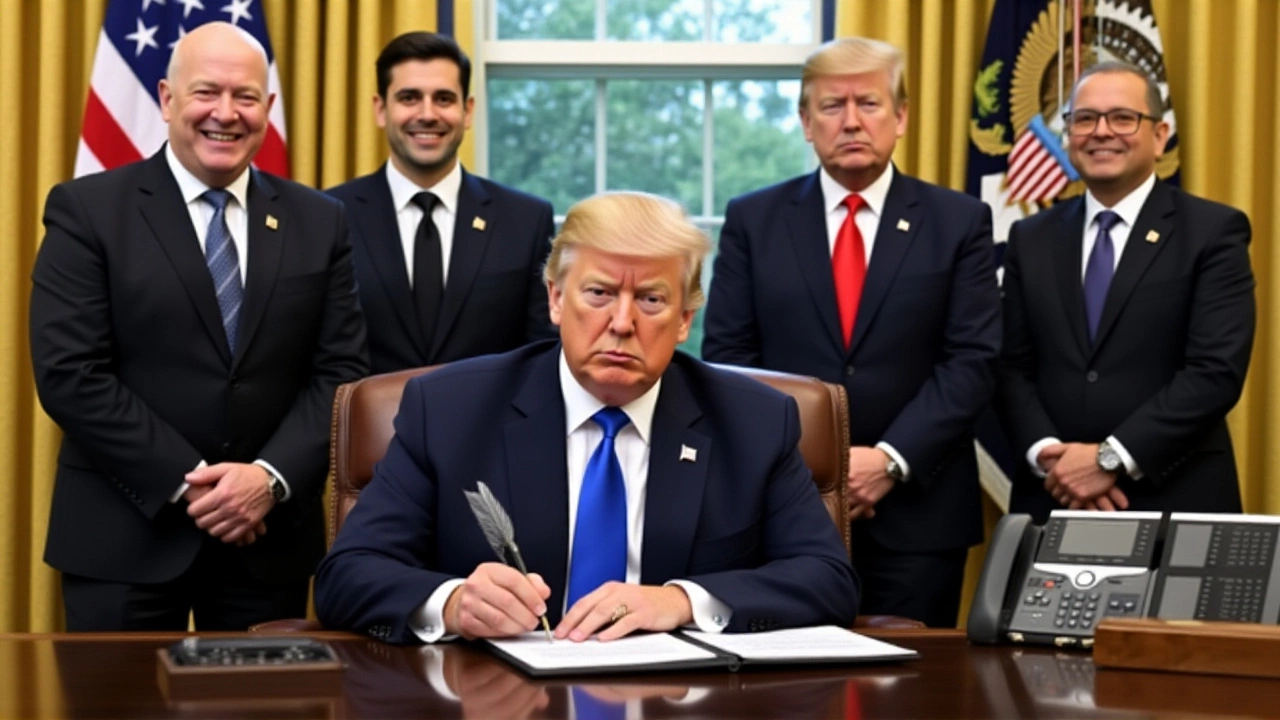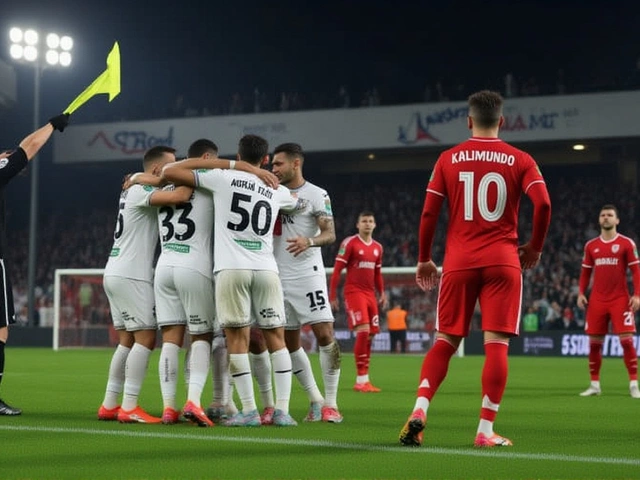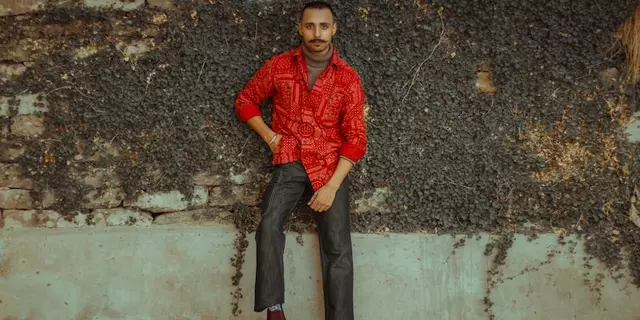2026 World Cup Qualifying: How Wales, Ireland, and Northern Ireland Can Still Make It Through Play-Offs
When UEFA unveiled its qualification structure for the 2026 FIFA World Cup, it didn’t just change the rules—it rewrote the drama. For nations like Wales, Northern Ireland, and Republic of Ireland, finishing first in their group is no longer the only dream. In fact, for many, it’s the least likely path. The real battle? Surviving the 2026 FIFA World Cup UEFA Play-Offs—a high-stakes, single-match gauntlet that could salvage a campaign after a rocky qualifying group stage.
The Two Paths to Qatar 2026 (Well, Canada-Mexico-USA 2026)
Here’s the thing: 10 group winners in UEFA’s qualifying phase automatically qualify. Simple. Clean. But only 10 spots exist. With 55 teams in Europe, that leaves 45 others fighting for the remaining 9. And here’s the twist: only 12 of those 45 get a shot at the play-offs. The rest? Their World Cup dreams end in November 2025.
The 12 play-off spots go to the group runners-up. That’s straightforward. But then UEFA added a clever safety net: the four best Nations League group winners who didn’t finish in the top two of their qualifying group. These are the dark horses—teams like Wales or Republic of Ireland—who might have stumbled in qualifying but dazzled in the Nations League last year. That’s why a 3rd-place finish in Group B could still mean more than a 2nd-place finish in Group D. Performance matters. But context matters more.
How the Play-Offs Actually Work (It’s Not What You Think)
Don’t picture a knockout bracket. Think of four separate lanes—Path A, B, C, D—each with its own mini-tournament. Each path has four teams: two group runners-up and two Nations League qualifiers. They play two single-leg matches: a semi-final on March 26, 2026, then a final on March 31, 2026. The home team in the final? Drawn randomly. No seeding. No advantage. Just pure pressure.
And here’s the brutal part: if you lose, you’re out. No second chances. No away goals rule. No extra time unless the match is tied after 90 minutes. Just 120 minutes of agony, then penalties. One slip, and your World Cup is gone. Northern Ireland knows this feeling. They’ve been here before—in 2022, they lost their play-off final to Georgia in a 2-1 heartbreaker. This time, they won’t get a second shot.
Why the Nations League Is Now the Secret Weapon
Before 2020, the Nations League was seen as a glorified friendly tournament. Now? It’s a lifeline. Teams like Republic of Ireland finished 3rd in their Nations League group last cycle but still earned a play-off spot because their overall ranking was strong. That’s the magic: consistent performance across both competitions counts.
UEFA built this system to reward teams that play meaningful games year-round. It’s why UEFA made a special scheduling rule: teams playing in the 2025 UEFA Nations League Finals in June can’t start World Cup qualifying until September. They’re forced into four-team groups so they don’t get overloaded. Meanwhile, teams like Wales, who didn’t make the Nations League finals, got five-team groups with two free matchdays in March 2025. That’s not luck. That’s design.
The Critical Dates No One’s Talking About
Most fans think the World Cup qualifiers end in November. But they don’t. They just pause. The real deciders come in March 2026. Here’s your timeline:
- June 6–7, 2025: Matchday 3 — First real test for teams like Northern Ireland in Group F
- September 4–6, 2025: Matchday 5 — The mid-season turning point
- October 12–14, 2025: Matchday 8 — The final push before the Nations League break
- November 13–18, 2025: Matchdays 9 and 10 — The group standings are locked. No more excuses.
- March 26, 2026: Play-off semi-finals — One match, one chance.
- March 31, 2026: Play-off finals — Four teams walk to 2026 FIFA World Cup. The rest? Home.
On November 14, 2025, Finland plays Malta in Group G. It’s not glamorous. But if Republic of Ireland is tied with Finland on points, that result could decide who gets the 12th play-off spot. Every match matters.
What’s at Stake Beyond the World Cup
This system isn’t just about qualification—it’s about legacy. For Wales, a World Cup appearance in 2026 would mean their second in a decade, following their 2022 run. For Northern Ireland, it would be their first since 2016. For Republic of Ireland, it would end an eight-year drought since 2018.
Coaches now have to manage two tournaments simultaneously. Players can’t afford to burn out. A win in the Nations League in September might mean a rest in October. A loss in qualifying could force a make-or-break match in November. It’s chess, not checkers.
What Happens If You Miss?
If you finish third in your group and your Nations League ranking isn’t high enough? Your World Cup journey ends. No playoffs. No second chance. Just a long winter of reflection. That’s why teams like Wales are already looking ahead to 2025’s Nations League matches—not just as filler, but as preparation. Every corner kick, every set piece, every tactical tweak now has double the weight.
Frequently Asked Questions
Can Wales still qualify without winning their group?
Yes. Wales doesn’t need to win their group. If they finish second, they enter the play-offs. Even if they finish third, they could still qualify if their Nations League ranking is high enough to land one of the four reserved spots. Their 2024 Nations League performance—especially wins over Serbia and Denmark—could be the difference.
Why does the Nations League affect World Cup qualifying?
UEFA merged the two competitions to create more meaningful matches outside of qualifying windows. Teams that perform well in the Nations League—even if they underperform in qualifying—get a second shot. It rewards consistency and reduces dead-rubber games, making European football more competitive year-round.
When will we know who’s in the play-offs?
The 12 group runners-up and four Nations League qualifiers will be confirmed by November 18, 2025, after the final qualifying matchday. The draw for the play-off paths happens immediately after, with the semi-finals set for March 26, 2026. There’s no waiting around—everything unfolds in under four months.
Is there a chance Northern Ireland could qualify without playing a single play-off match?
Only if they win their group. Otherwise, no. Northern Ireland is in a tough group with Serbia, Portugal, and Luxembourg. A top-two finish is unlikely. Their best chance is finishing third but having a strong Nations League record—like their 2024 run, where they topped their group and beat Denmark. That’s their ticket.
What happens if a Nations League team wins their group?
They qualify automatically—no play-offs needed. That’s why teams like Poland and Denmark, who topped their Nations League groups in 2024, are already in the driver’s seat. They’re not just competing for play-off spots; they’re competing for direct qualification. It’s a double-edged sword: strong Nations League performance helps, but it also means you’re in a harder qualifying group.
Why are some teams in four-team groups and others in five-team groups?
Teams playing in the June 2025 Nations League Finals can’t start qualifying until September, so they’re placed in four-team groups to avoid fixture congestion. Teams not involved in those finals get five-team groups, giving them more games and more chances to earn points. It’s a scheduling compromise that prioritizes player welfare and tournament integrity.






